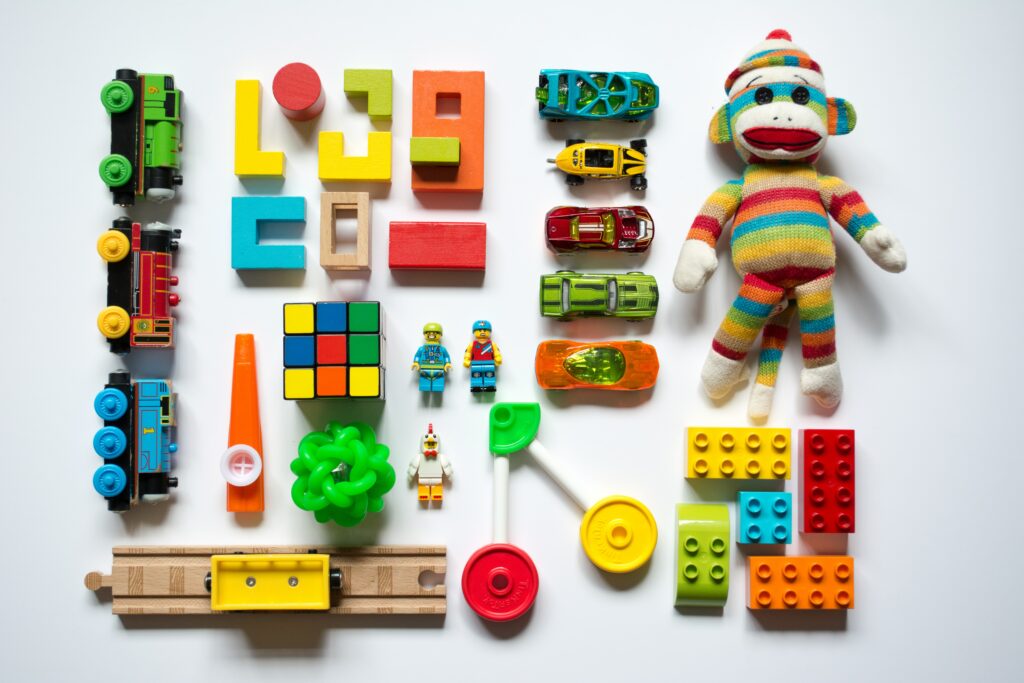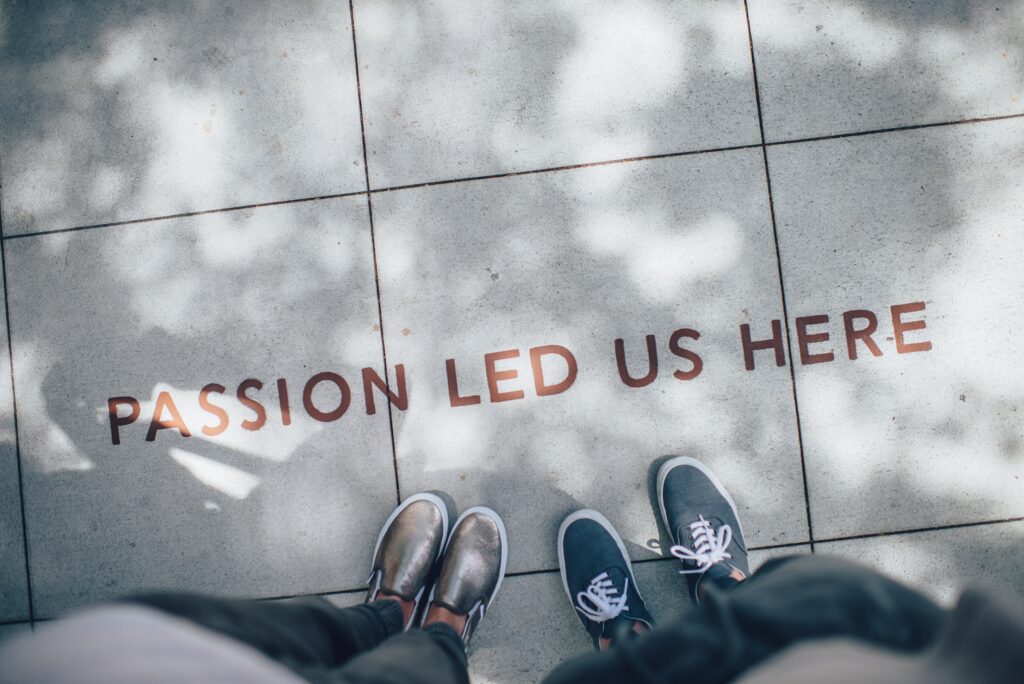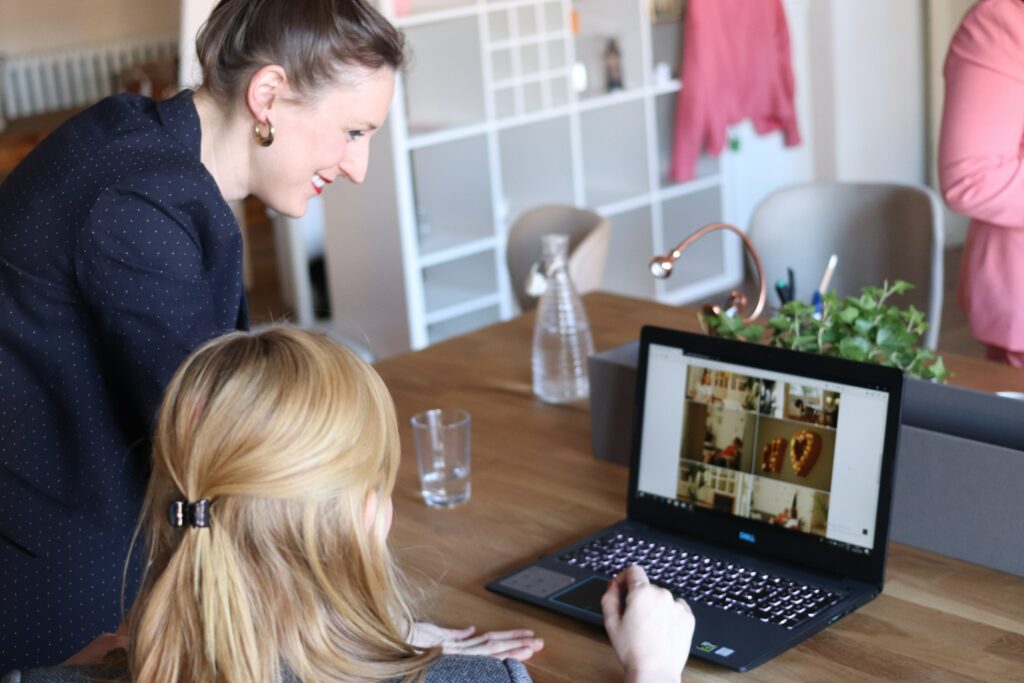Hearing Chantelle with BCEd Access speak was a really eye opening experience. I sympathize with her childrens’ learning journeys and diagnoses. I am in a Kindergarten class this term and it was a bumpy start to the year. While kindergarten is already a big learning curve for most students, it is a lot harder for students with potential undiagnosed disabilities. In my class we have three students that have needed a lot of support this school year. As Chantelle talked about her experiences and what the education system needs to do to support all learning needs, I reflected on what I have observed in the classroom.

Chantelle mentioned using what the student needs to succeed. For example, if a student needs a fidget to focus during class, let that student have one. Or if a student can’t write with a paper and pencil, let them type on a computer or tablet. The thought of letting students use what they need is a really simple concept, but it is not always easy to find what a student needs. In our kindergarten classroom there are so many unknowns that we are trying to work through. Everyday seems like trial and error, and when one thing works one week, the next week it doesn’t. This makes it really challenging to figure out what tools work best with each student. Kindergarten is also challenging because the students do not have IEP’s and there are no previous teachers that you can talk to. It is not impossible though. Chantelle gave some great strategies such as reaching out to the parents to see what works at home, or simply asking the student.
Asking the student brings me to the next part of Chantelle’s talk that I really liked: Building trust and creating relationships with the students. As someone who has benefitted from teacher support throughout their life, I can 100% say this is a must with every student not just the ones struggling. School is nerve-wracking for some children and kindergarten is a big step. I think this year it is especially scary because a lot of the students spent the last twoish years at home with parents or family everyday. The pandemic has created a whole new list of problems that we never had before. In order to ease the transition, it is important for teachers to take time and get to know their students. I really like the idea of using the first week or two to just get to know your students. No curricular content, just relationship building. This is sort of what happened in class that I am in, but it ended up extending to the first month of school because the students were having so much trouble adjusting and there were so many different needs. Relationships aren’t built over night, so even now we are still trying to build trust in the classroom. Further, once that trust and relationship is established, it is really important that teachers maintain it. This might mean spending one on one time with students, or dedicating time everyday for students to share their feelings and talk.

Making sure you support your students equally and equitably is not an easy task. And from Chantelle’s story I understand that it isn’t easy for parents to make sure their children have access to what they need. Communication and collaboration are necessary between the teacher, student, and parents to create a successful learning environment for all students, especially those facing disability. I am thankful for our time with Chantelle because I feel like I now know what I need to do in my classroom to support students with disabilities and their learning needs.

Leave a Reply
You must be logged in to post a comment.